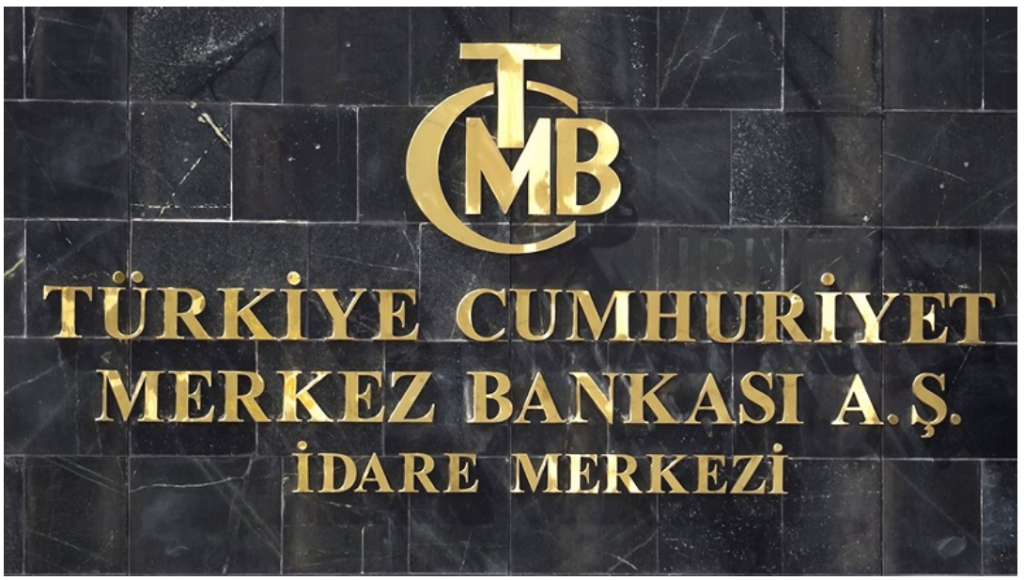In February, budget gave a surplus of TRY69.7bn (Feb.21: TRY-23.2bn, Jan.22: TRY+30bn). Despite, there was no consensus available for the data (YF: TRY +64.7bn), Treasury cash balance (leading indicator), gave TRY55.5bn of surplus in February, higher than TRY 59.1bn compared to same period in the previous year. Hence, we could say the budget surplus (higher than TRY 46.6bn in YoY basis) gave a weaker outlook than the cash surplus in February. Additionally, the primary balance posted a surplus of TRY 113.4bn in February (Feb.21: TRY +35.9bn, Jan.22: TRY+44.3bn).
Budget revenues increased by TRY 151bn YoY and up by 47% YoY in real terms, to TRY 270.6bn. Tax revenues increased by TRY 81.9bn, and up by 19% YoY in real terms, to TRY 180.3bn, while non-tax revenues increased by TRY 69.1bn YoY, up by 176% YoY in real terms, to TRY 90.2bn. The highest contribution to the tax revenues came from corporate tax, taxes on foreign trade. Value Added Tax (VAT) revenues decreased by 21% YoY and Special Consumption Tax (SCT) revenues decreased by 13% in real terms. Additionally, a 52% YoY drop in real terms in motor vehicle tax revenues was deserved attention. This outlook indicates a momentum loss in the economic activity. CBRT’s advance dividend and reserve fund payment was the key driver on the non-tax revenues. To recall, CBRT paid TRY 45bn as advance dividend and TRY 4.3bn as reserve funds to shareholders in February. Additionally, interests, shares and fines, which increased by TRY 9.8bn to TRY 22.5bn, were the other important contributor of the non-tax revenues.
Budget expenditures increased by TRY 104.4bn YoY, and up by 35% YoY in real terms, to TRY 200.8bn. Non-interest expenditures increased by TRY 73.5bn YoY, and up by 22% YoY in real terms, to TRY 157.1bn, and interest expenditures increased by TRY 30.9bn YoY, and up by 122% YoY in real terms, to TRY 43.7bn. Under non-interest expenditures, the highest contributions came from lending (increased by TRY18.5bn to TRY20.2bn, TRY17bn of increase came from lending to State Owned Enterprise), personnel expenditures (due to wage increases) and current expenditures (mainly driven by health-pension-social security expenses, shares for local administrations and duty losses).
Despite budget figures made a positive start to 2022, sustainability of this trend is highly uncertain. 2022 year-end budget deficit and budget-to-GDP targets were TRY -278.4bn and -3.5%, respectively (2021: -192.2bn, -2.9% of GDP). Also, 2022 year-end primary deficit target is at TRY 38bn, which refers to -0.5% of GDP (2021: TRY-11.4bn, -0.2% of GDP). As of 2M22, -35.8% of budget deficit target for 2022 (2M22: TRY+99.8bn) and -262.6% of primary deficit target (2M22: TRY+157.7bn) has completed. In last 12-month, budget deficit was TRY 91.5bn (2021: TRY 192.2bn). Non-tax revenues’s high share in total budget revenues and weak outlook on VAT-SCT revenues deserved attention. In addition to the ongoing high shares of current expenditure and personnel expenditure in budget expenditures, increasing trend on the interest expenditures, lending to SOEs and duty losses of SOEs were shaded the positive outlook of the headline figures. Pace of the economic activity would continue be important determinant for the budget performance. We should also note that the deterioration on inflation expectations and pricing behaviors after losses in the Lira in late-2021 and strong wage increases could support domestic demand (and tax revenues indirectly) in the short run as a reflection of backdated demand. Thereafter, there is a sigficant uncertainty on the sustainability of this trend. Additionally, recent and potential discount on tax revenues (such VAT on basic food products) could put a downward pressureon the budget revenues in the coming period. Our year-end budget-to-GDP ratio estimate is at -4% for 2022.
Y. F. Securities Research
